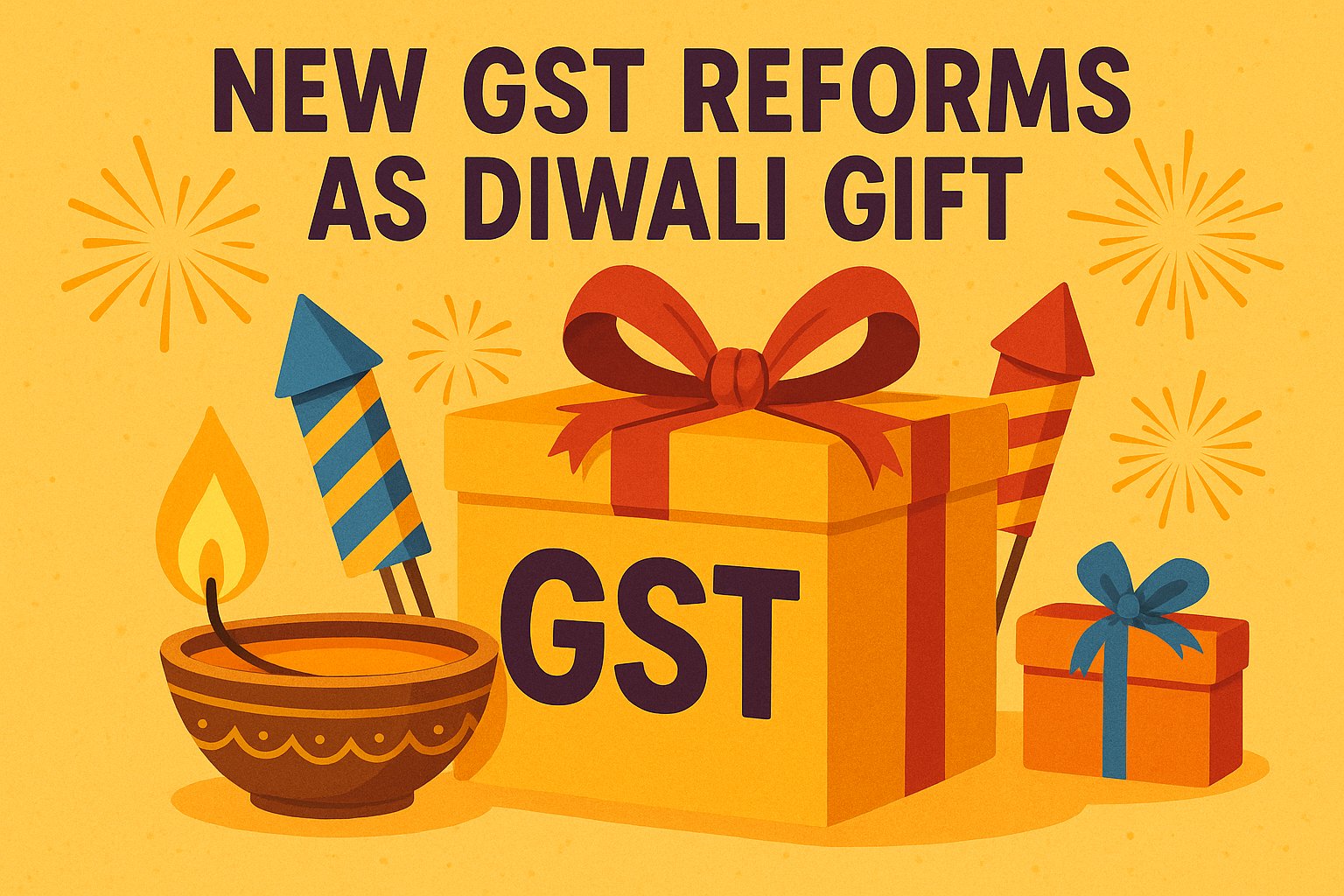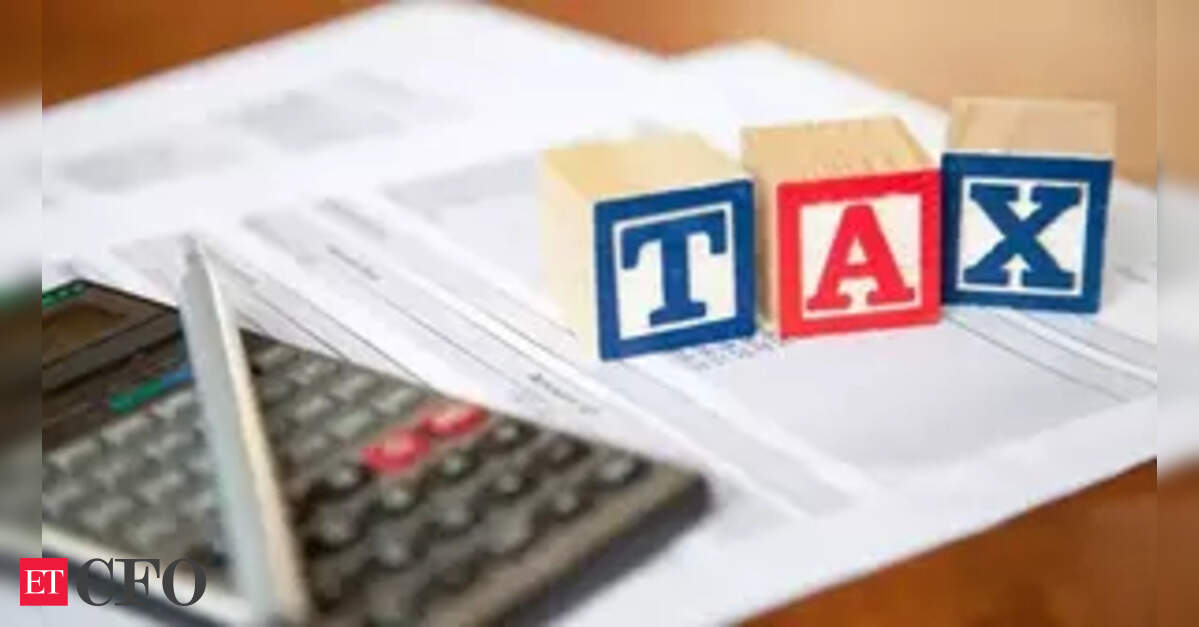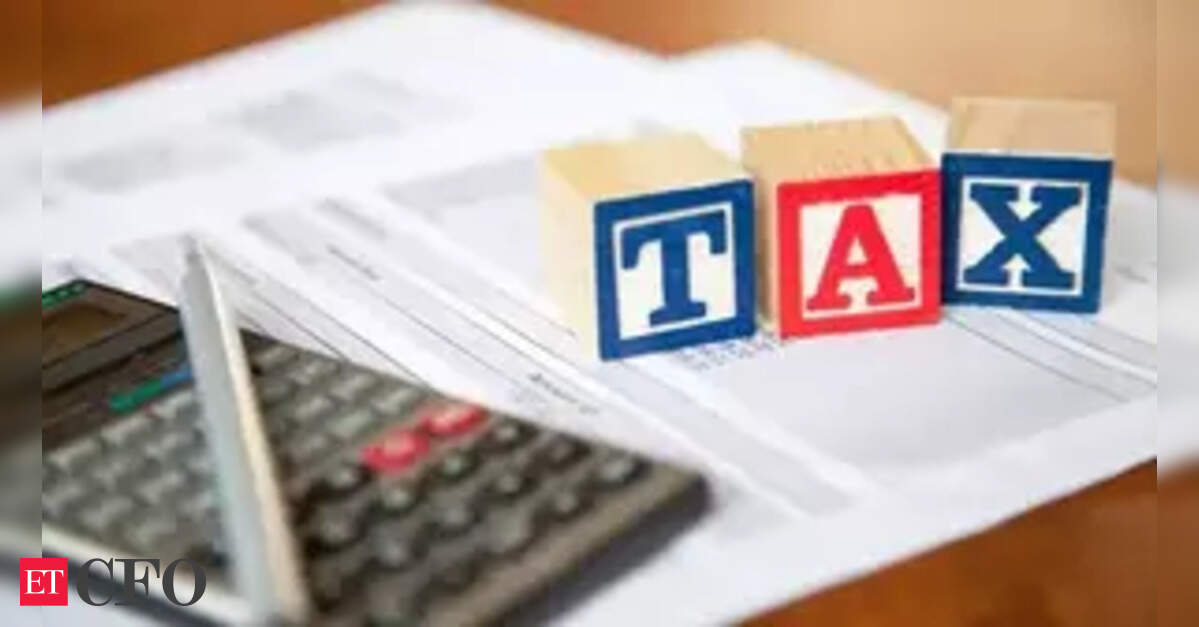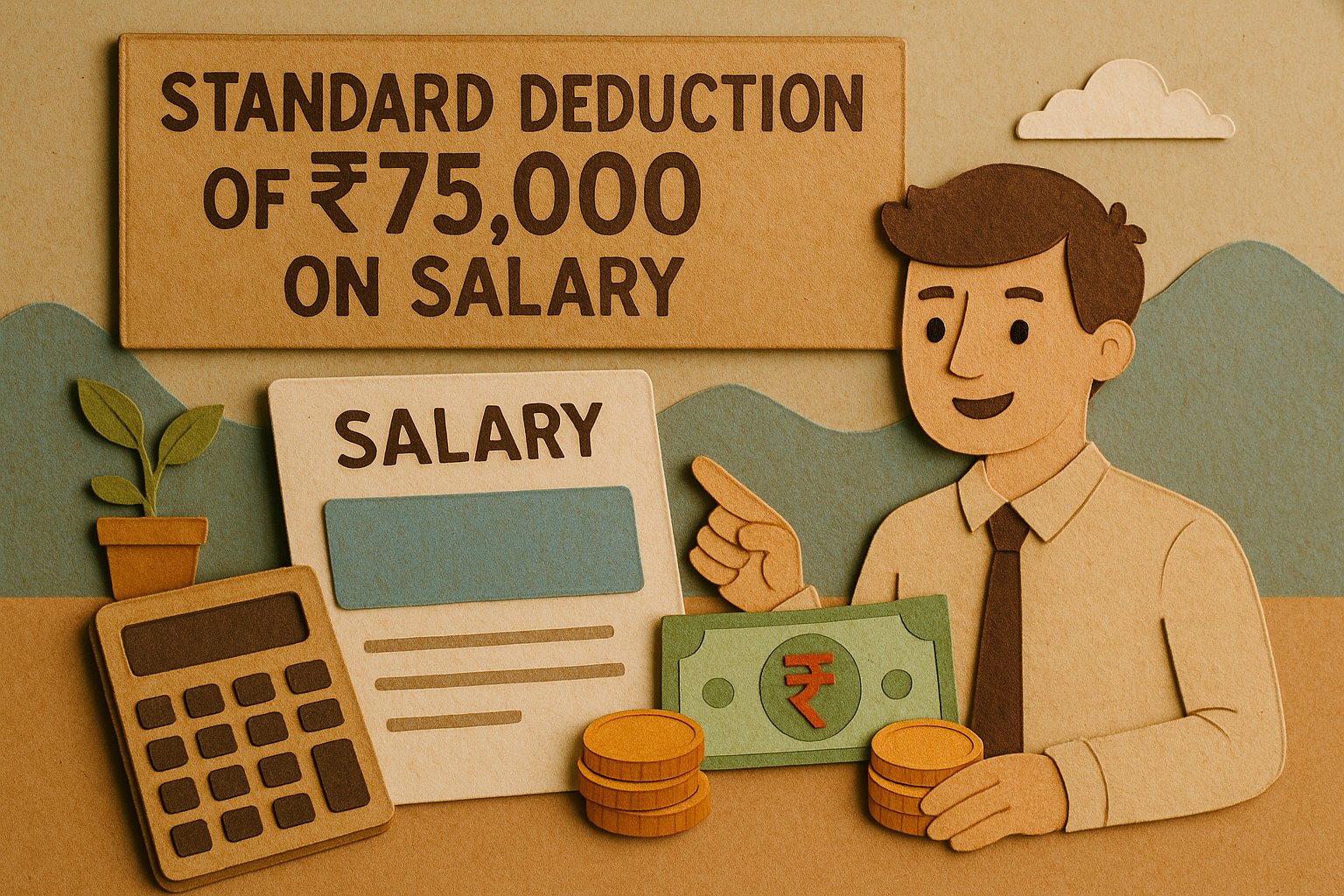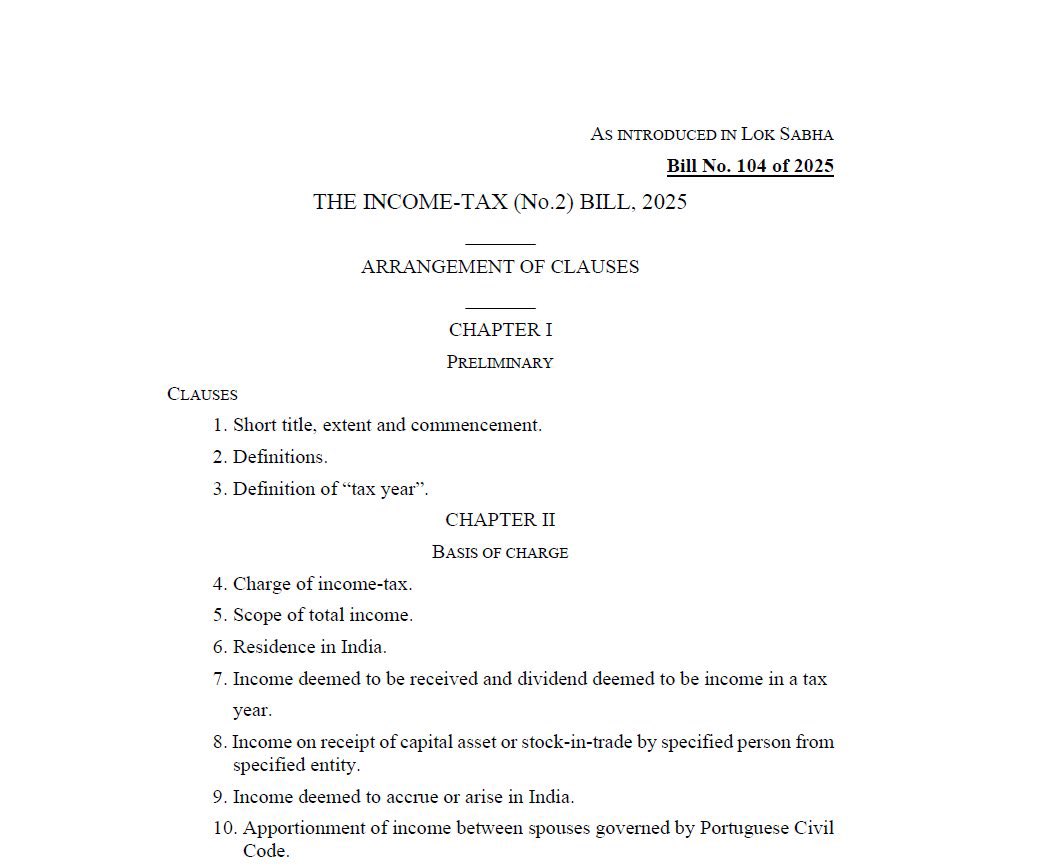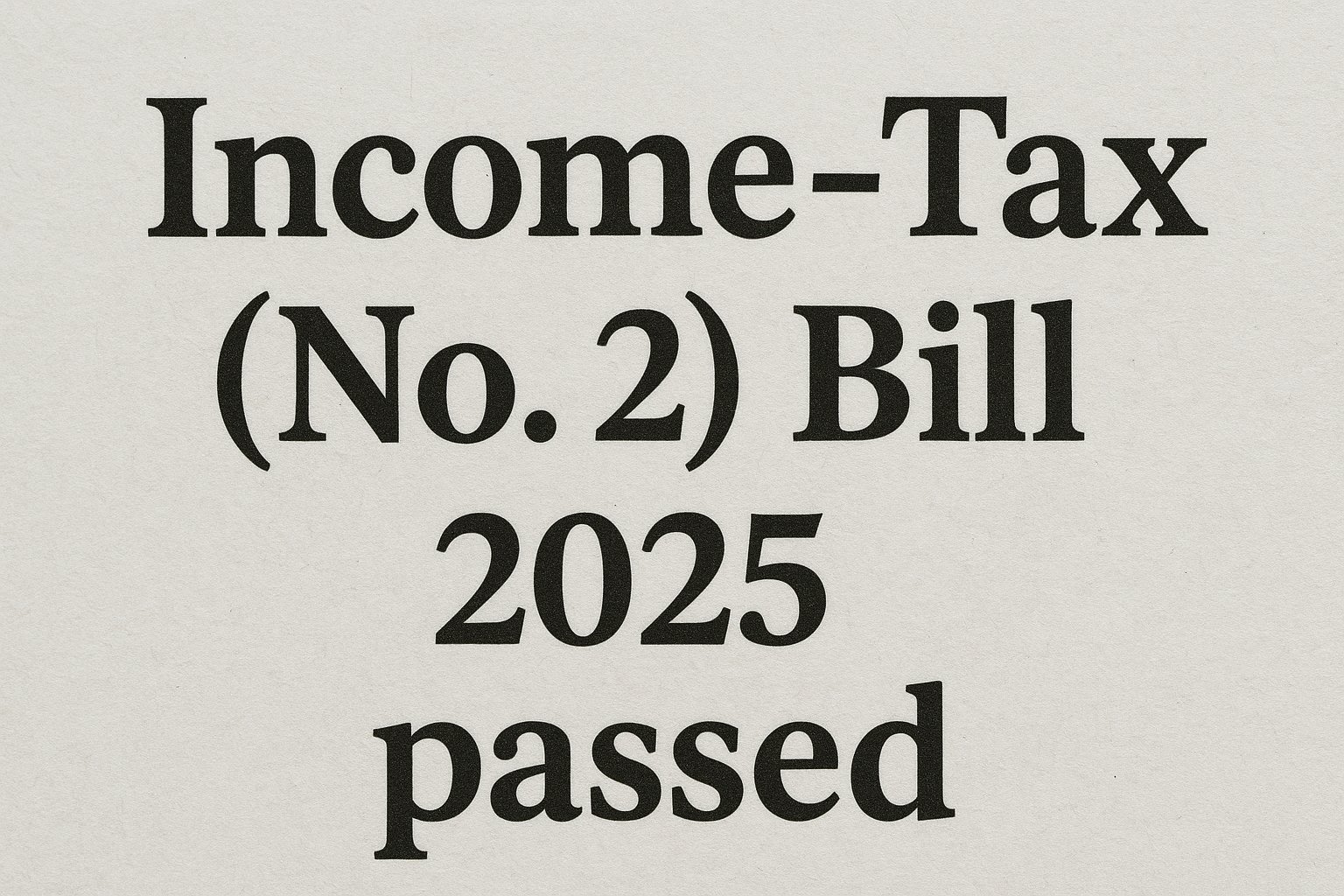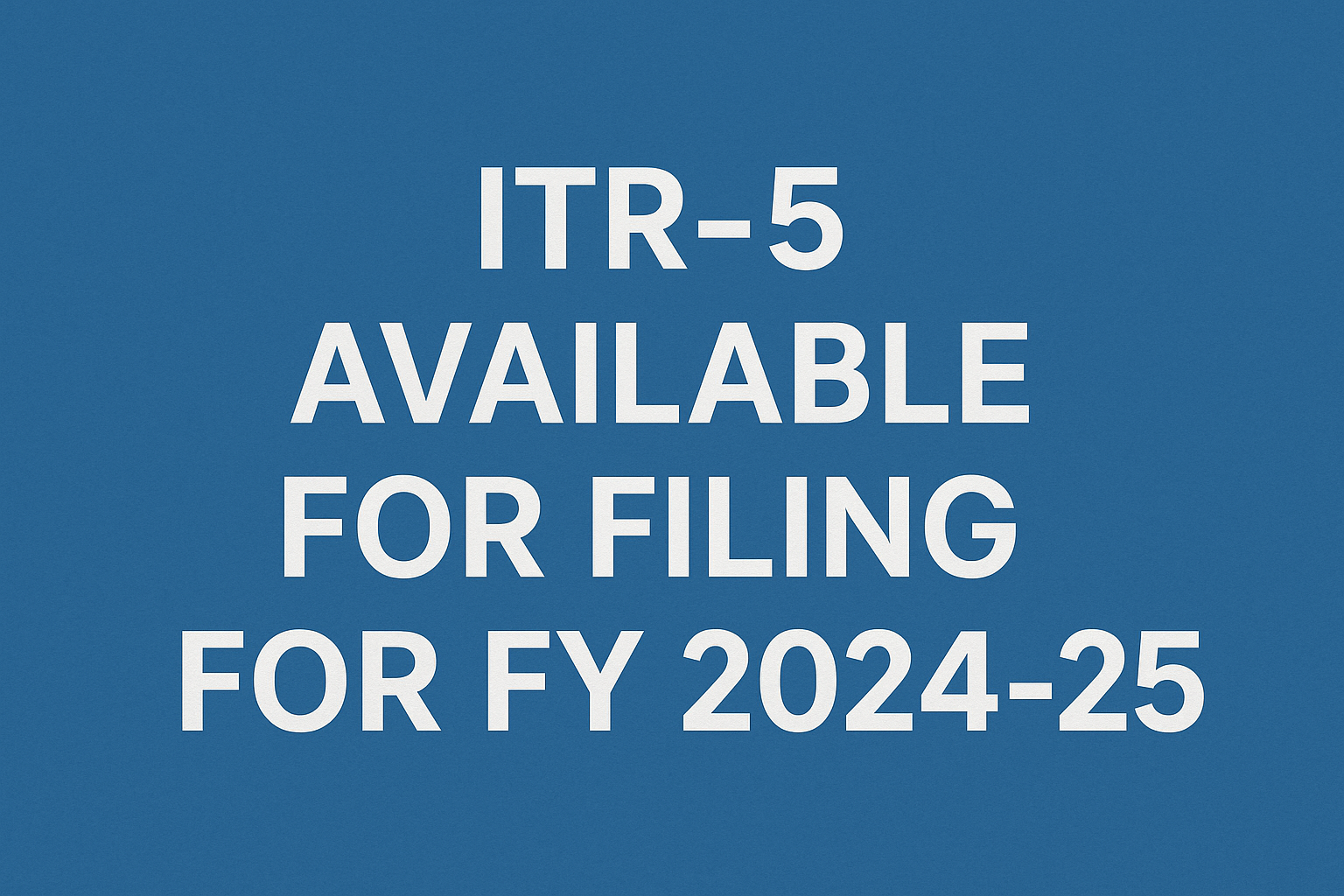The Central Board of Indirect Taxes and Customs (CBIC) has unveiled a draft of the Central Excise Bill, 2024, aimed at replacing the nearly eight-decade-old Central Excise Act, 1944. This significant move could potentially pave the way for bringing petroleum products under the ambit of Goods and Services Tax (GST).
Key Objectives of the Draft Bill
The CBIC’s draft bill seeks to:
- Enact a comprehensive and modern Central Excise law.
- Promote ease of doing business.
- Repeal outdated and redundant provisions.
Current Scenario and Future Prospects
Currently, Central Excise is primarily levied on petroleum products. The introduction of the new bill indicates the government’s intention to revisit and update the provisions of the existing Central Excise Act. It also reflects ongoing efforts to build consensus for introducing GST on all products, including petroleum products, which are not yet covered under the GST framework.
Experts said, “The bill indicates the government’s intention to revisit the provisions of the existing Central Excise Act while also working on consensus for introducing GST on all products, including petroleum products, which are still not covered under the GST ambit.”
Structure of the Draft Bill
The draft Central Excise Bill, 2024, comprises:
- Twelve Chapters
- 114 Sections
- Two Schedules
Stakeholder Engagement and Feedback
As part of the pre-legislative consultative process, the CBIC has invited stakeholders to submit their comments and suggestions on the draft bill by June 26, 2024. This participatory approach aims to ensure that the new legislation is comprehensive and addresses the concerns of all relevant parties.
The draft bill has been uploaded on the CBIC’s official website, allowing stakeholders to review and provide their feedback in a structured format.
How to Submit Suggestions
Stakeholders can submit their suggestions using the following format:
- Clause Number of the Draft Bill
- Title of the Clause
- Proposed Modification (if any)
- Reasons/Comments/Remarks
Suggestions should be sent via email to cx.stwing[at]gov[dot]in in either MS Word or machine-readable PDF format.
Implications of the New Bill
The enactment of the Central Excise Bill, 2024, will bring several changes:
- Modernization of the Law: The new bill aims to update and modernize the central excise framework to align with contemporary business practices.
- Ease of Doing Business: By repealing outdated provisions and simplifying the legal structure, the bill aims to facilitate smoother business operations.
- Potential Inclusion of Petroleum Products in GST: The bill signals a move towards including petroleum products under GST, which could lead to a more uniform tax structure.
Conclusion
The CBIC’s draft Central Excise Bill, 2024, marks a significant step towards modernizing India’s indirect tax framework. By inviting stakeholder feedback, the CBIC aims to create a well-rounded and comprehensive law that not only promotes ease of doing business but also aligns with the broader goal of integrating petroleum products into the GST regime. Stakeholders are encouraged to review the draft and provide their valuable insights by the stipulated deadline to contribute to this transformative legislative initiative.
For more details and to access the draft bill, visit the CBIC website at www.cbic.gov.in
Visit www.cagurujiclasses.com for practical courses


